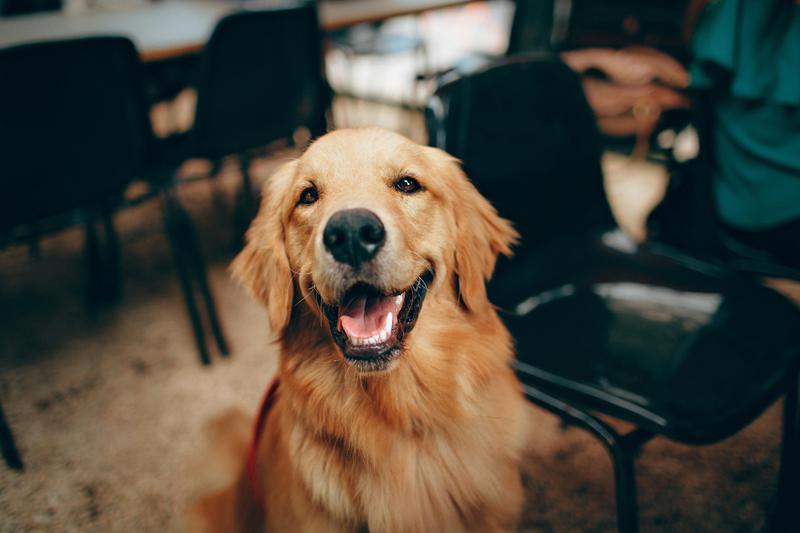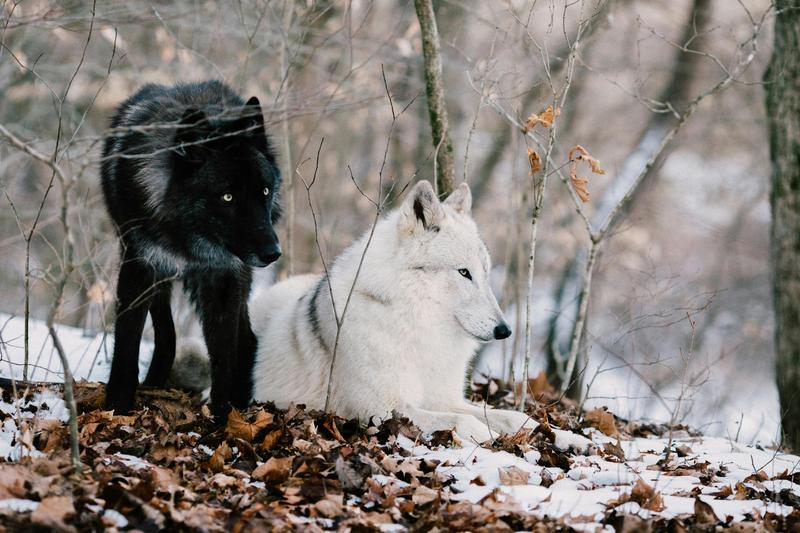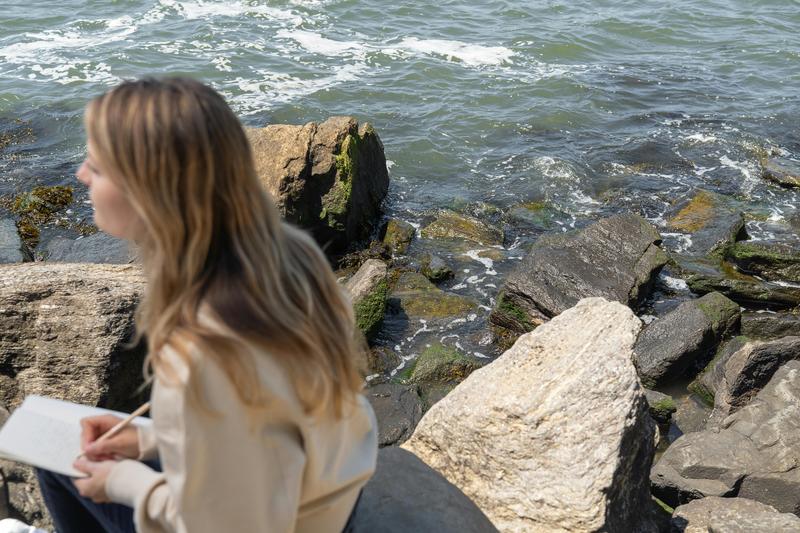What Animals Teach About Love

Have you ever watched an animal and thought, They just know how to be?
Maybe it was the quiet loyalty of a dog, the effortless grace of a wild horse, or the way birds migrate together with perfect timing. Animals don’t hesitate in their relationships. They don’t sit around wondering if they’re lovable, if they’re giving too much or too little, or if they should change who they are to be accepted.
They just act.
And yet… we’re not animals.
Unlike them, we can reflect, question, and—most importantly—change.
But here’s the thing: Animals do have choices. A wolf chooses how to respond to its pack. An elephant chooses whether to nurture or ignore a struggling member of the herd. A crow can problem-solve and adjust its behavior based on new information. But their choices are limited by instinct and conditioning.
Humans, on the other hand, have something different.
Today, we’re diving into how animals reveal hidden truths about relationships—but also why misunderstanding the difference between human choice and animal instinct can keep us stuck.
What Animals Get Right About Relationships
If you’ve ever had a pet, you’ve probably felt it—their unwavering presence. A dog doesn’t judge you for how you’re feeling. A cat doesn’t hesitate to demand attention when it wants love. In the wild, wolves operate as a pack, each member playing a role that contributes to the survival of the group.
Animals have a way of being in relationship that is simple, direct, and free from overthinking.
Animals live in the present. They don’t dwell on the past or stress about the future. A dog that was abandoned might flinch at certain movements, but it doesn’t sit around replaying past traumas in its mind the way humans do.
They trust their instincts. A bird doesn’t hesitate to migrate when the seasons change. A lion doesn’t question whether it’s worthy of hunting. Animals don’t gaslight themselves out of what they know to be true.
They give and receive love without hesitation. When a dog is happy to see you, it runs to you. When it’s scared, it hides. No mixed signals. No emotional withholding. Just direct, honest interaction.
These are things humans often struggle with.
We overanalyze, hesitate, and second-guess ourselves. But that’s not because something is wrong with us—it’s because we have something animals don’t: the ability to override instinct.
Do Animals Have Choice? Yes—But Not Like Humans Do
Here’s where we need to be precise. Animals absolutely do have choices.
- A wolf chooses whether to challenge the alpha or remain subordinate.
- An elephant chooses whether to nurture an orphaned calf or leave it behind.
- A crow chooses how to problem-solve when searching for food.
But these choices are still bound by their nature.
A wolf can’t wake up and decide, You know what? I don’t like this whole pack structure. I’m going to become a lone philosopher-wolf and explore existential questions.
An elephant can’t suddenly decide, I’d like to try being a tiger for a day.
Animals can adapt, but they do so within the boundaries of their instinctual programming. Their choices are situational, not existential.
Humans, on the other hand, have an entirely different level of choice.
- We can change our nature. Unlike animals, we can recognize when an old pattern isn’t serving us and intentionally shift it—even if it goes against every instinct we have.
- We create meaning beyond survival. Animals live to eat, mate, and continue their species. Humans seek purpose, fulfillment, and personal growth.
- We can rewire our nervous systems. An animal raised in fear will likely remain cautious for life. But a human—given the right awareness and tools—can reprogram how they respond to the world.
This distinction is everything.
If we misunderstand this, we risk staying stuck in reactionary relationship dynamics, mistaking instinct for alignment.
The Danger of Over-Relying on Instinct
One of my former clients, let’s call her Sarah, kept finding herself in relationships where she felt like she had to prove her worth. No matter how much she tried to break the cycle, she ended up drawn to people who made her work for their love.
At first, she thought it was just bad luck. But as she explored deeper, she realized:
Her nervous system had imprinted this as love.
Growing up, her caregivers were distant. Love was something that had to be earned. Her subconscious mind associated emotional distance with connection.
This is why simply "trusting your gut" isn’t always the answer.
If your gut was trained in unhealthy dynamics, it will lead you back to what’s familiar, not what’s good for you.
A lion raised in captivity will still act like a lion. A person raised in emotional neglect, however, can break free from that imprint.
But only if they recognize it.

Conscious Choice—What Makes Humans Different
So, if animals can teach us about connection, but we don’t want to be trapped by instinct, what’s the takeaway?
It’s this:
Animals are masters of presence. They show us how to fully experience the moment, to trust connection, and to respond honestly. But humans have something more—metacognition, or the ability to think about our own thinking.
Unlike animals, we can reflect on our behaviors, recognize unhealthy patterns, and intentionally choose a different path—even when every instinct tells us to repeat the familiar. That is a power no animal has.
And I say this as someone who deeply loves animals. They have so much to teach us—but it’s important to recognize what makes humans different, so we don’t mistake familiarity for alignment.
Take a moment to reflect:
- In relationships, do you respond from conscious choice or old programming?
- When you feel drawn to someone, is it because they align with you, or because they feel familiar?
Have you ever caught yourself repeating a relationship pattern that you later realized was just your nervous system repeating an old script?
An Invitation
If this resonated with you, and you want to go deeper into understanding how to shift relationship patterns from subconscious conditioning to conscious choice, I’ve created a process that helps with that. It’s designed to help you uncover the unseen forces shaping your life and, more importantly, how to rewrite them.
You can check it out here.
And if you want more insights like this, you can also find me on Instagram @mikewangcoaching or subscribe to my newsletter where I share weekly reflections on these topics.
